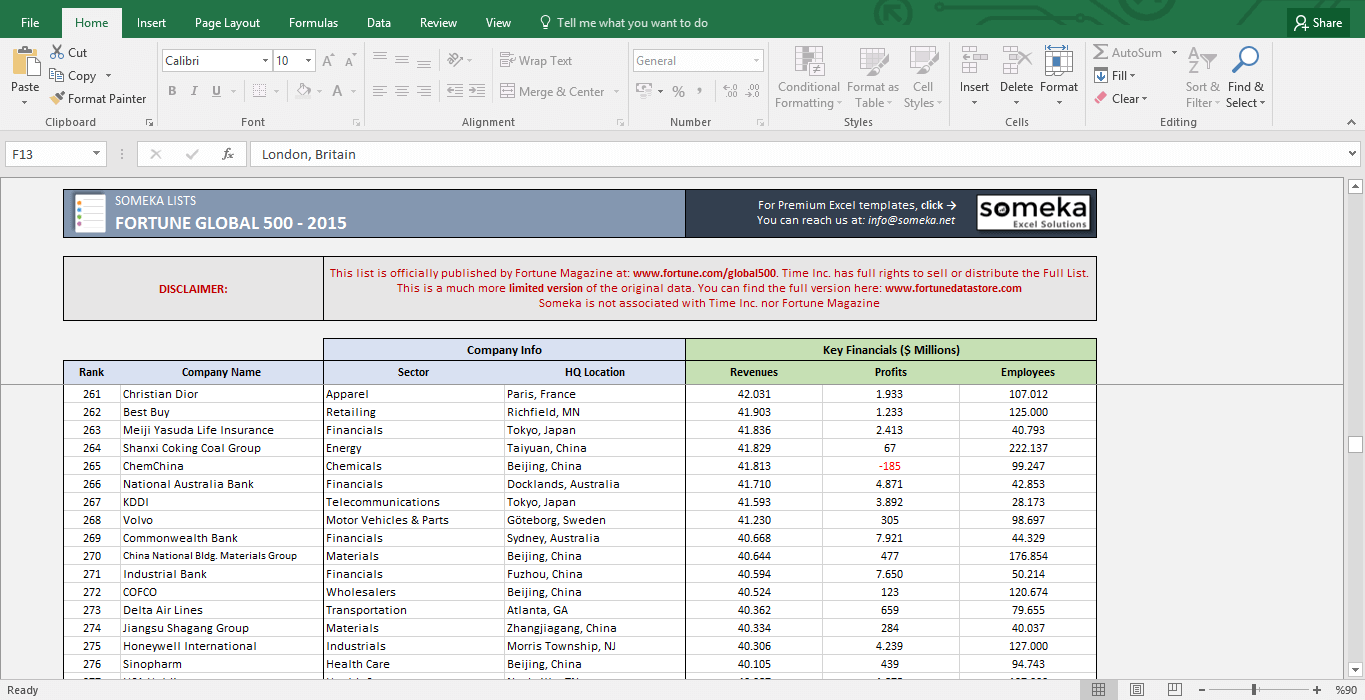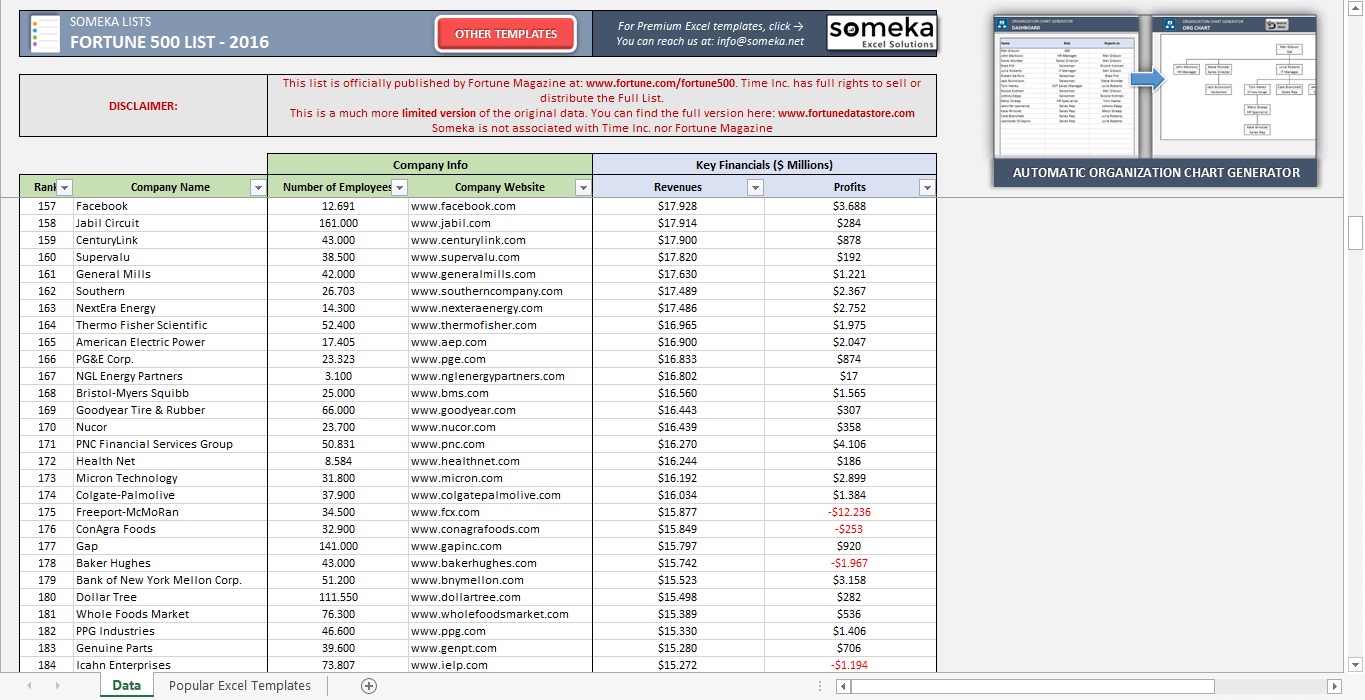
Currently, it has a total of about 74,000 employees. 3- Exxon MobilĮxxon Mobil, founded in 1999, is an Irving, Texas-based oil and gas company.

Also, it has a market value of about $1.59 trillion as of July 2020, and a total of 798,000 employees. However, that has seen a significant increase, with the company now having a total revenue of $280.522 billion.

It’s the second on the list of top 10 Fortune 500 companies in 2020.Īs of 2019, the company had total revenue of $232.887 billion. 2- AmazonĪmazon is a Seattle-based multinational tech company that focuses on services, relating to e-commerce, artificial intelligence, digital streaming, and cloud computing. stores and clubs, with 2,200,000 employees. So far, the big company has about 4,600 U.S. Also, it has a total market value of $366.455 billion.Īpart from operating a chain of supermarkets, Walmart also owns Sam’s Club retail warehouses. That’s one of the factors that contributed to why it’s the first on the list of the top 10 Fortune 500 companies in 2020. That’s a significant increase when you compare it to last year’s revenue of $514.405 billion. By revenue, it’s the largest company in the world, with total revenue of $523.964 billion. Walmart, founded in 1962 by Sam Walton, is a Bentonville, Arkansas-based retail company that combines discount department stores and grocery supermarkets. Here Is The List Of Top 10 Fortune 500 Companies In 2020 1- Walmart That said, here’s a list of the top 10 Fortune 500 companies in 2020. According to a study, this annual list is the bedrock of businesses in the United States.

Apart from that, the firm also utilizes other factors, including the asset ranking, earnings ranking, and capitalization ranking. First, since sales growth is one of the indicative factors of the state of the economy, Fortune magazine makes use of it to decide the companies on this list. It ranks the top 500 public companies in the U.S, using a few ranking factors.

Smith and first published in 1955, is an annual listing compiled by Fortune magazine. The term ‘Fortune 500’, created by Edgar P.


 0 kommentar(er)
0 kommentar(er)
